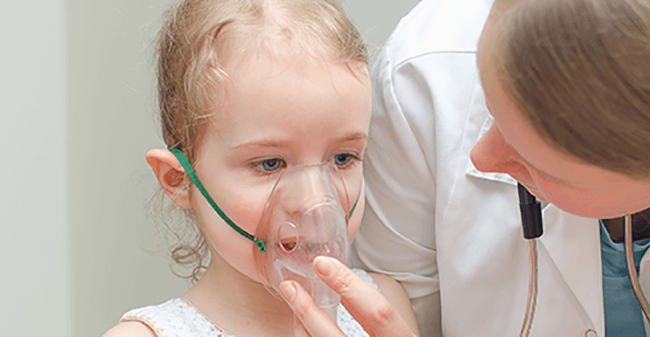This blog posts looks at a meta-analysis that aims to: 1) investigate the effects of inspiratory muscle training (IMT) as stand-alone therapy or added to general exercise training; 2) identify patient characteristics associated with favourable effects of IMT; and 3) identify the most appropriate training modality in terms of strength or endurance training for IMT.
Key Findings
- Respiratory muscle weakness in COPD patients contributes to hypercapnia, dyspnea, nocturnal oxygen desaturation and reduced walking distance.
- Meta-analysis on the effect of respiratory muscle training (RMT) on COPD included 18 studies with a total of 430 COPD patients and 400 controls.
- RMT led to improved respiratory muscle strength and endurance, exercise capacity, dyspnea and quality of life.
- COPD patients with respiratory muscle weakness and high levels of dyspnea will benefit most.
Patient Impact
RMT leads to clinically relevant improvements in inspiratory muscle strength and endurance, functional exercise capacity, dyspnea and quality of life.
Study Methods
To be considered in this meta-analysis, trials had to meet at least one of the following qualifications:
Study Results
Eighteen studies that met the inclusion criteria were analyzed, with an overall treatment group of 430 patients and a control group of 400. It was found that IMT significantly improves inspiratory muscle strength (PImax), inspiratory muscle endurance (incremental loading), exercise capacity (6 or 12-minute walk distance), dyspnea and hrQOL.
IMT results in clinically relevant improvements in inspiratory muscle strength and endurance, functional exercise capacity, dyspnea and quality of life. In patients with inspiratory muscle weakness, the addition of IMT to a general exercise training program improved PImax and tended to improve exercise performance. COPD patients with inspiratory muscle weakness and high levels of dyspnea will benefit most from IMT.

0 Comments